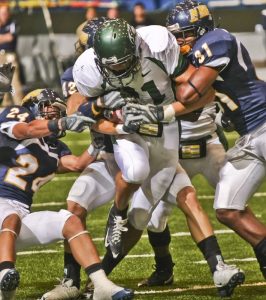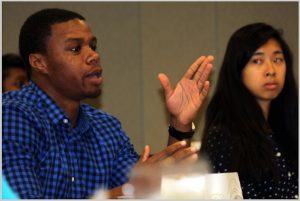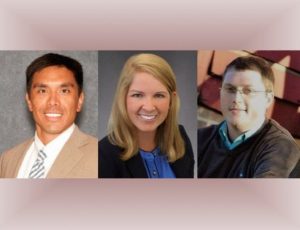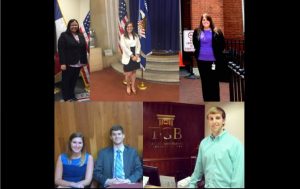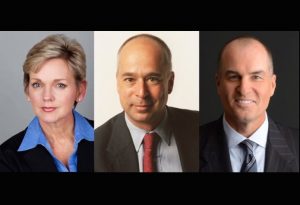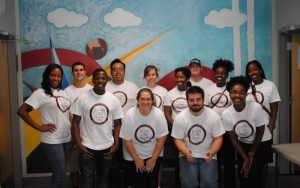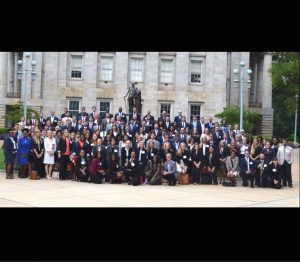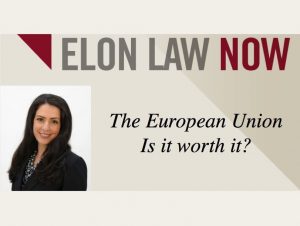Page 89 of 99
Announcing new Entrepreneurship Speaker Series at Elon Law
August 25, 2015
Elon Law’s new Entrepreneurship Speaker Series is designed to inform entrepreneurs about legal matters involved with creating startups and growing small businesses. The series will feature accomplished attorneys and law scholars on topics including business structures, finance, tax law and intellectual property.
Elon Law Review probes sports law and collegiate athletics
August 24, 2015
The latest edition of the Elon Law Review features scholarship on sports law and the evolving policies and regulations surrounding collegiate athletics.
Bioscience, business analytics and international legal experience
August 21, 2015
In part four of Elon Law’s 2015 summer employment reporting series, students are featured for legal work in London and in international pharmaceutical and information technology sectors.
South Carolina law alumni spotlight
August 20, 2015
Elon Law alumni are making a difference for their clients and communities in South Carolina, including three Elon Law lawyer-leaders profiled here: James Knox L’11, Chantelle Neese L’13 and John Warren L’13.
Elon Law students take leadership roles in summer employment
August 17, 2015
Experiences at the U.S. Department of Justice, U.S. Citizenship and Immigration Services, state and city attorney’s offices and a private business law firm are featured in part three of a two-month series spotlighting the work of Elon Law students this summer.
National leaders to speak at Elon Law
August 14, 2015
Elon Law’s Distinguished Leadership Lecture Series presented by The Joseph M. Bryan Foundation will feature two-term Michigan governor Jennifer Granholm, New York Times Supreme Court correspondent Adam Liptak and ESPN broadcaster and attorney Jay Bilas.
Elon Law: Making a difference
August 11, 2015
For the ninth consecutive year, Elon Law’s entering class volunteered across Greensboro as part of orientation week. On Aug. 8, members of the 2015 entering class prepared meals for disabled veterans, supported a nonprofit homeless services organization, developed a clothing pantry for children in need, enhanced a local playground and assisted in construction of affordable housing.
Elon Law: Experience from day one
August 7, 2015
The entering class at Elon Law engaged in hands-on learning throughout orientation week, August 4 to 7, contributing to the launch of the school’s groundbreaking new approach to legal education.
Real-world learning, lawyering and leadership
August 7, 2015
Elon spotlights the summer work experiences and professional insights of law students in part two of a two-month weekly series.
The European Union, Greek debt & cultural sovereignty
August 7, 2015
In an Elon Law Now commentary, Professor Antonette Barilla reports from Europe about growing concern across the continent over the evolving strategy to address the Greek debt crisis and the viability of the European Union.



